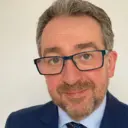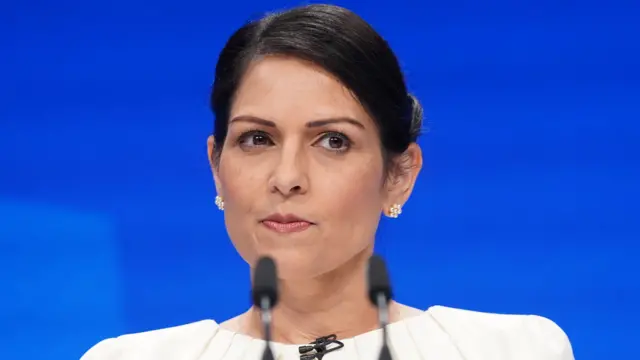Postpublished at 12:08 GMT 14 March 2024
Gove says the Department for Levelling Up, Housing and Communities (DLUHC) has been working with local authorities, civil society and faith groups.
He emphasises that this is in "areas where social cohesion is most under strain, to de-escalate tensions and explore the most constructive support we can offer".
He says his department has been told about widespread "unease" over safety and security in some organisations, and that some councillors have even been "threatened with violence".
He says this is the "chilling effect" of these extremist groups on our local democracy.



